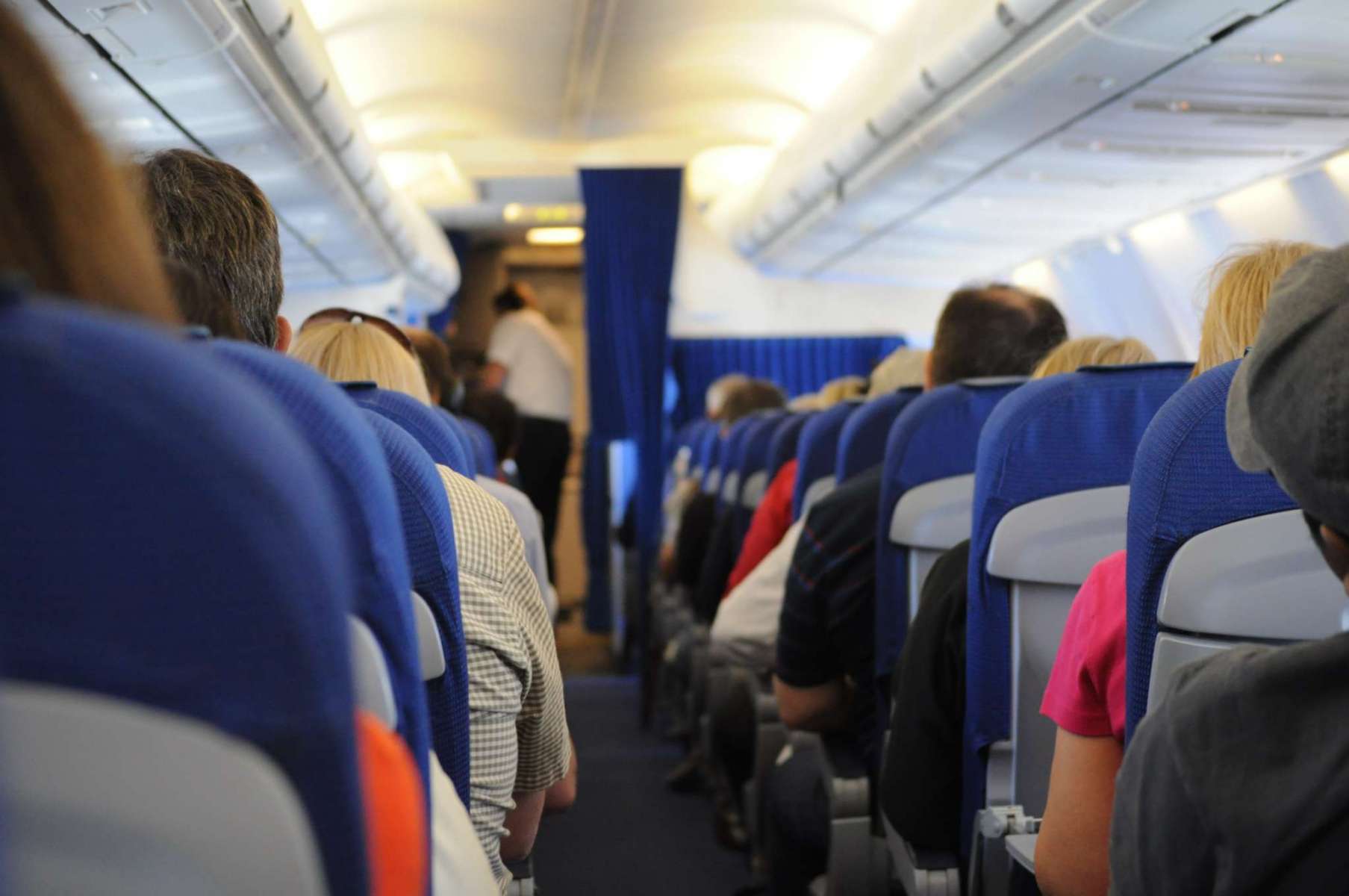Table of Contents
Attractions and businesses have started cautiously reopening around the country and more people are beginning to resume travel plans for work and play. Most of the largest airlines, including Delta, American Airlines, and United Airlines had previously restricted flight capacity to help prevent the spread of coronavirus from air travel — fully booked flights don’t allow for social distancing as passengers must be within six feet of each other in their seats.
Some airlines have reduced capacity by as much as 40 percent, and most have suspended international flights indefinitely. United Airlines and American Airlines have both recently announced that they will be lifting any capacity restrictions and resuming full capacity flights this July.
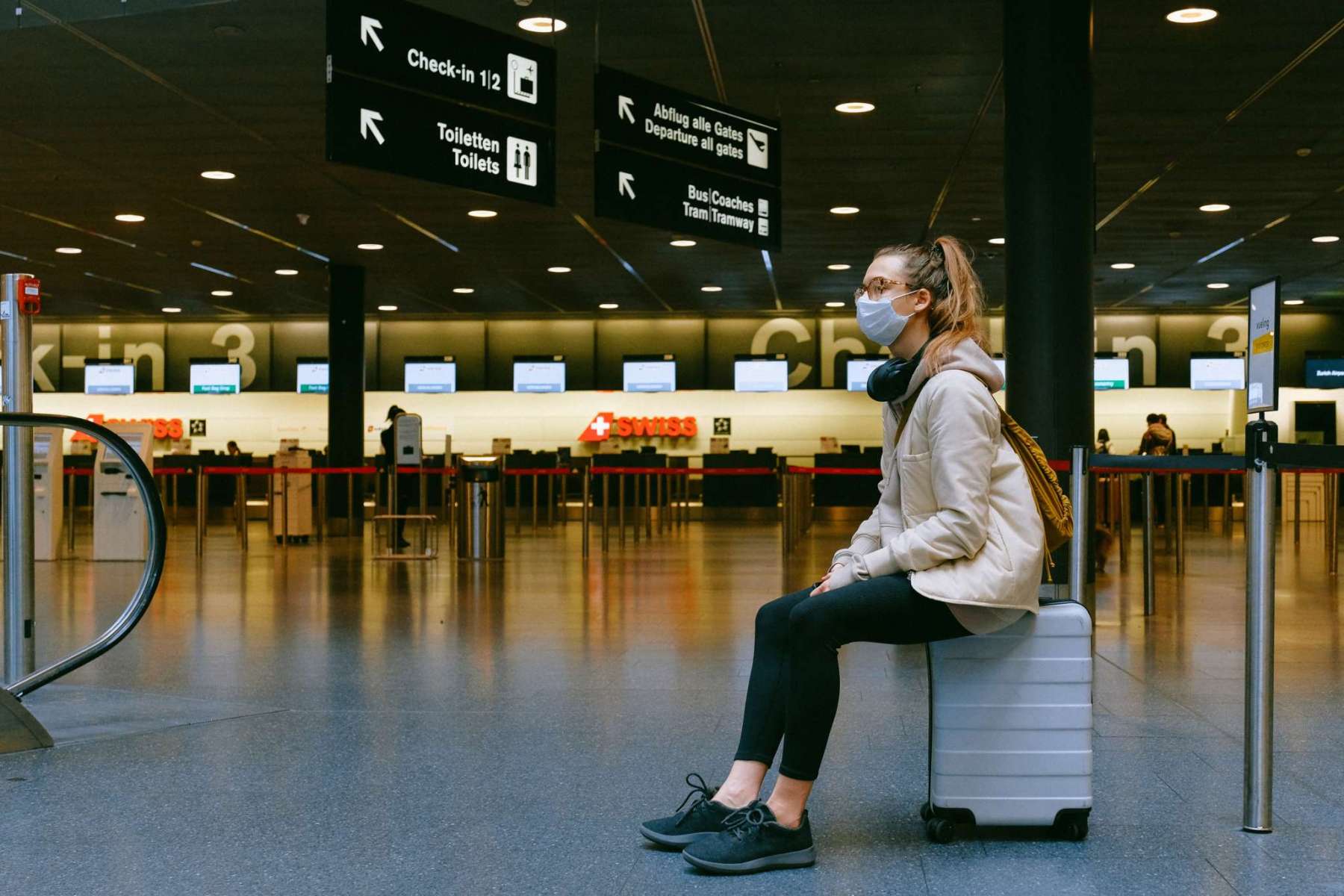
What Are the Rules?
The decision to reopen full-capacity flights has been somewhat controversial. Some travelers are happy with the increased flight options now available again, while others have health and safety concerns. Both American Airlines and United Airlines have put in place new regulations and policies in place to satisfy concerns from customers and reduce the risk of spreading the virus during air travel.
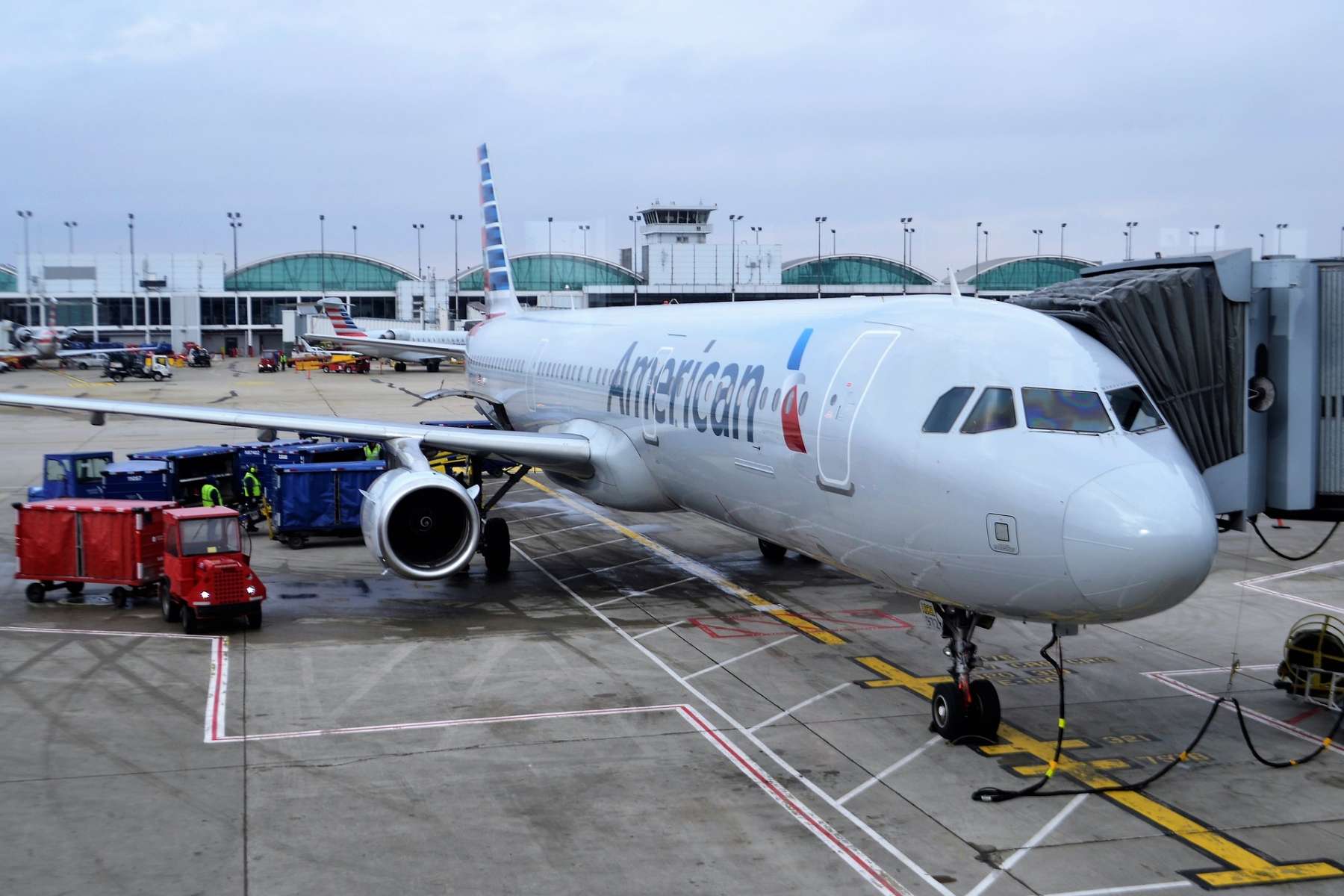
American Airlines
- American Airlines is requiring that all passengers wear a face covering for the duration of their flight. Young children or people with a health condition that prevents the use of face coverings are excepted from this rule.
- Passengers will be allowed to move to a different seat if one is available.
- There probably won’t be alcohol or snacks available unless you’re in first class on a short flight.
- Flight change fees will be waived for summer travel through September 1, 2020. Change fees will be waived for any flight booked by July 31st, 2020 for flights after October 1st, 2020.
- You can make one change to your trip (that is, cancel or move your flight date) without paying a change fee.
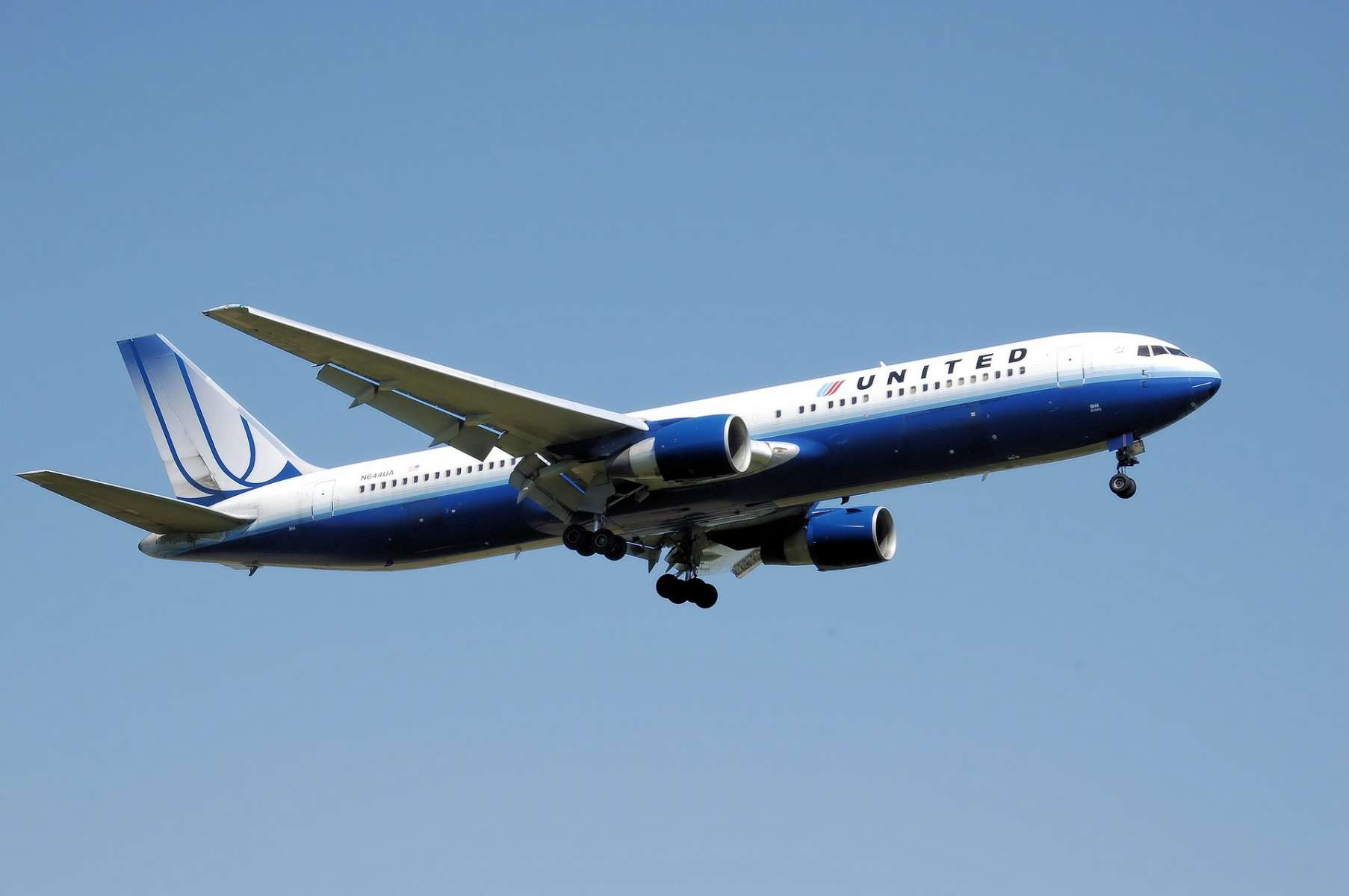
United Airlines
- United will notify passengers if their flight is going to be full or almost full, and let them rebook or receive a travel credit. The criteria is that 70 percent or more passengers have checked in — unfortunately, you might not find out until after you get to the airport.
- Face coverings are required with the same exceptions for small children or those with an illness.
- Instead of the usual food and drink service, passengers will receive a prepackaged bag with “a wrapped sanitizer wipe, 8.5-ounce bottled water, stroopwafel, and package of pretzels.”
- Flights will board back-to-front.
- United has created an initiative in partnership with Clorox that they’re calling CleanPlus. The program includes sanitization procedures like “using electrostatic spraying on all aircraft before departure for enhanced cabin sanitation,” “state-of-the-art high-efficiency (HEPA) filters on all United aircraft to circulate air and remove at least 99.97 percent of airborne particles,” “shutting down self-service kiosks,” and installing sneeze guards.
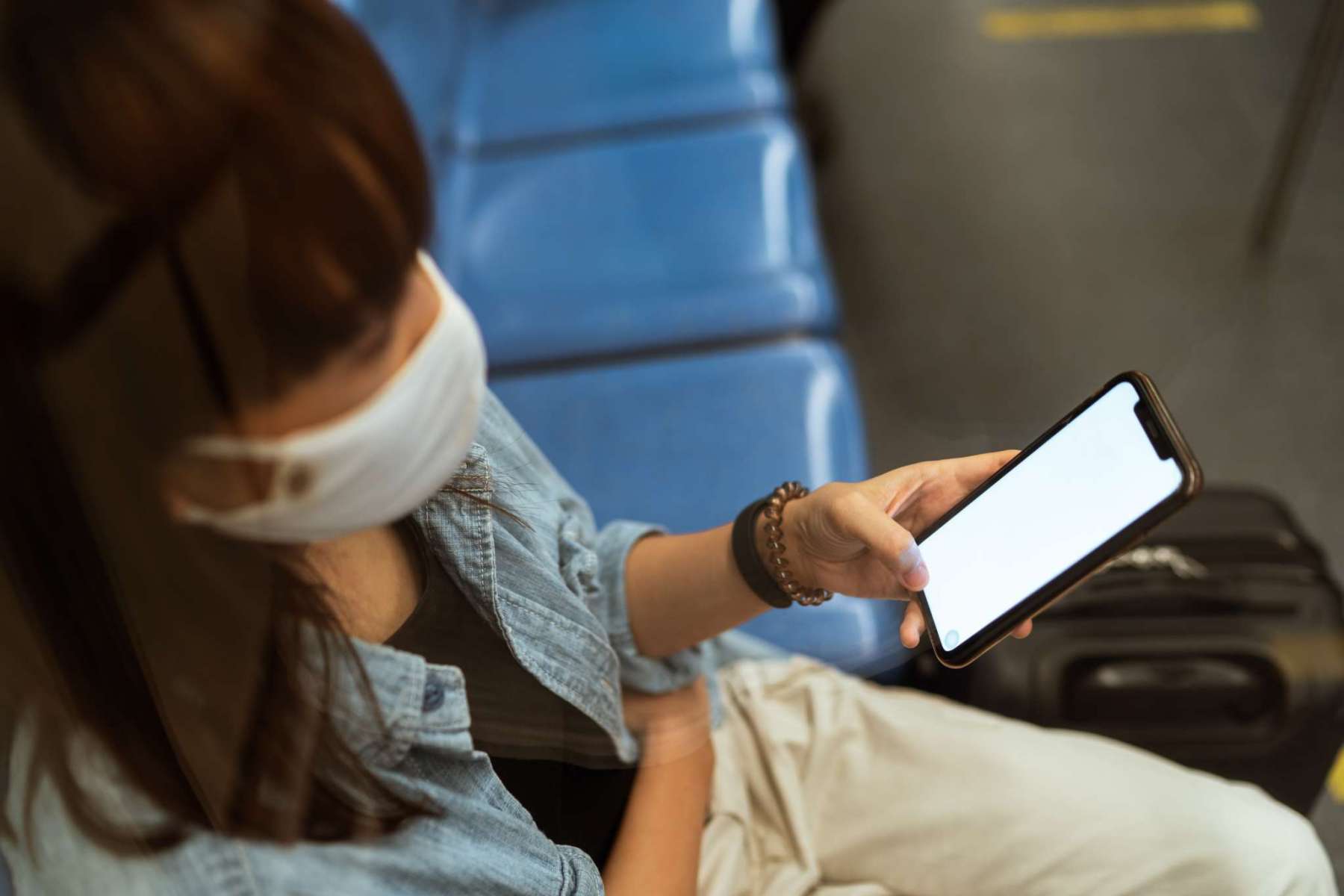
What Are the Risks?
Though many of us have been eager to resume our summertime travel plans, we’re still concerned over the safety of traveling in a fully-booked airplane cabin. Especially when some airlines — like Delta and Alaska Airlines — continue blocking off middle-seats to encourage social distancing. But some say this policy creates the illusion of safety while actually not doing much to minimize the spread of COVID-19 particles, like United CCO Josh Earnest who recently described the policy as: “a PR strategy, not a safety strategy.’’
According to the CDC, the biggest risk for exposure to the virus during air travel is not though the air in the cabin (HEPA filters help to purify), but through contact with high-touch surfaces and close proximity to other passengers who may be carriers. The use of face-coverings and disinfectants can also reduce exposure risk.


